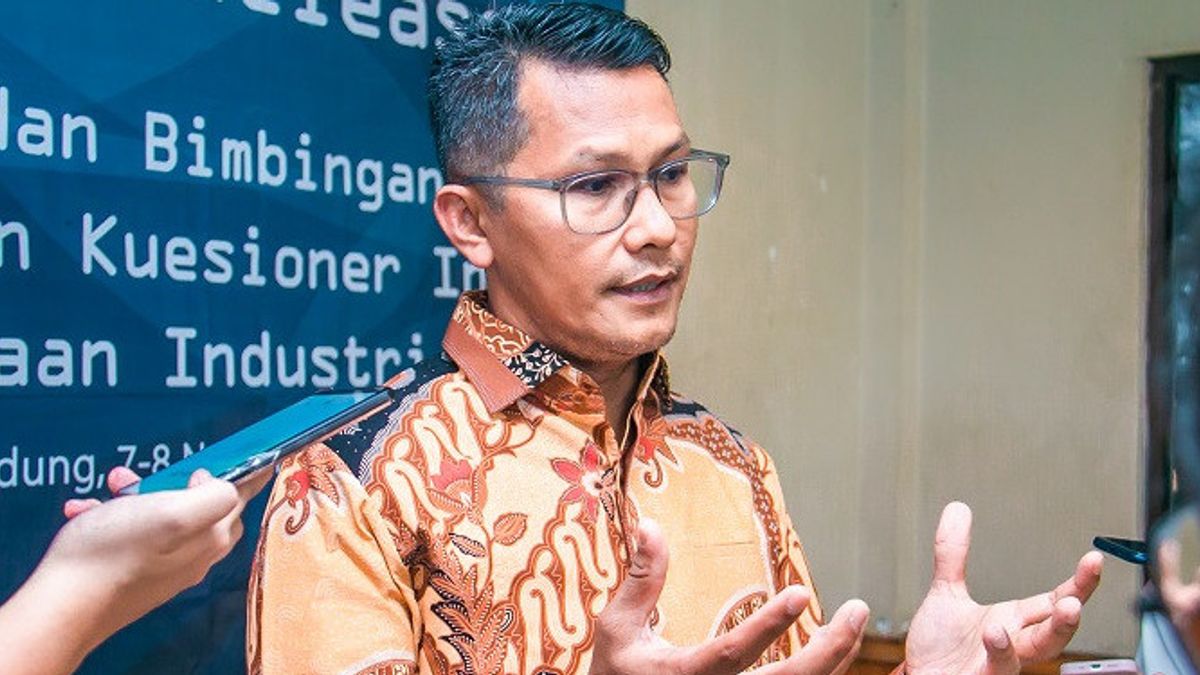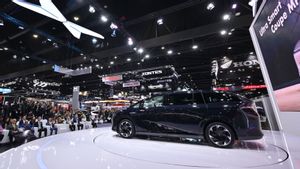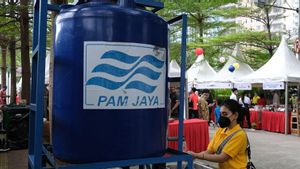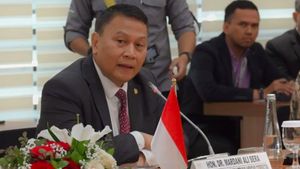Juru Bicara Kementerian Perindustrian (Kemenperin) Febri Hendri Antoni Arif menyebut, sektor industri otomotif di Tanah Air pada 2022 menunjukkan kinerja yang cukup sejahat, yang terlihat dari peningkatan surplus perdagangan roda empat hingga 64 persen.
This figure is appreciated because automotive exports continue to advance despite inflationary pressures in various countries and the impact of the Russian-Ukraine war.
"The national four-wheeled vehicle manufacturer managed to become a foreign exchange hero with CBU export capability of 473 thousand cars, an increase of 60.7 percent compared to 2021 which amounted to 294 thousand," Febri said in his official statement, quoted on Tuesday, January 31.
In terms of value, based on data from the Central Statistics Agency (BPS) in 2022, CBU exports reached 5.7 billion US dollars, an increase of 63.5 percent compared to 2021 which reached 3.5 billion US dollars.
Based on this data, said Febri, it can be concluded that the development of the automotive sector in terms of export performance in the form of CBU is already running in the right direction.
"Indonesia's automotive exports have reached more than 80 countries," he said.
However, there are still many challenges faced by the automotive industry. Some of these challenges are related to the availability of raw materials, shortages of semi-conductors, logistical and transportation constraints, and high energy costs.
According to Maritime Industry, Transportation Equipment and Defense Equipment Director R. Hendro Martono, to overcome these challenges, the Ministry of Industry must encourage companies to develop wings to reach new markets, strengthen innovation, and increase the research & development (R&D) budget.
"These things will form a basis for the Ministry of Industry in fighting for incentives for the automotive industry. "Innovation and the availability of raw materials are key to the future of the automotive industry," he said.
In addition, the Ministry of Industry and stakeholders continue to strive to ensure that the production process of the automotive industry can run well, including in terms of the availability of raw materials.
"The Minister of Industry also asked for the commitment of automotive industry players to increase the content of local products, both spare parts and components in the manufacturing process," said Hendro.
Hendro also emphasized the need for small and medium-sized industrial integration (IKM) in supply and production for larger industries. The Ministry of Industry is committed to continuing the growth and integration of SMEs into global production and supply chains of the automotive industry.
"This partnership between large industries and small industries is expected to produce something great," he concluded.
The English, Chinese, Japanese, Arabic, and French versions are automatically generated by the AI. So there may still be inaccuracies in translating, please always see Indonesian as our main language. (system supported by DigitalSiber.id)









